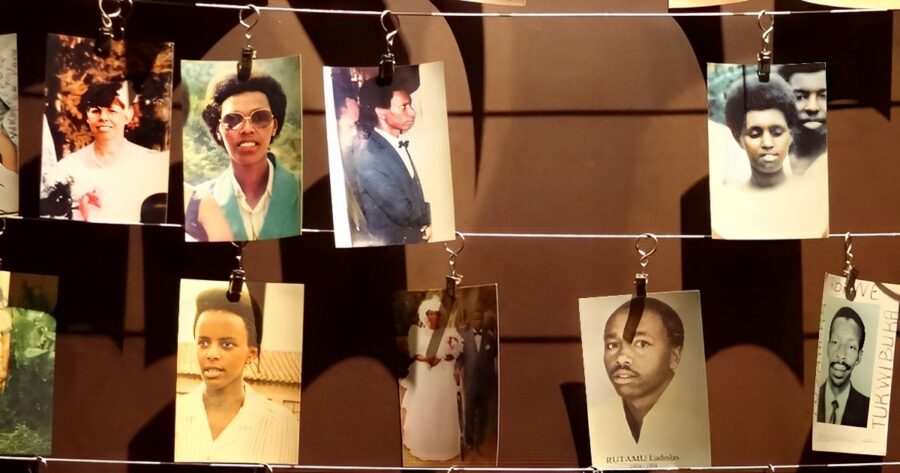Today, April 7, marks another sombre anniversary of the 1994 Genocide against the Tutsi in Rwanda. This tragic event left an estimated 500,000 to 662,000 Tutsi dead and tens of thousands that were injured, raped, and displaced. It is important to reflect on the causes of the genocide, its consequences, and the state of the country now. We must also never forget the lessons learned from this tragic event and take action to prevent similar atrocities from happening again.
In 1994, Rwanda was torn apart by a conflict between the Tutsi and Hutu ethnic groups. The genocide began after the death of Rwandan President Juvenal Habyarimana, a Hutu, when his plane was shot down on April 6th, 1994. This event sparked a wave of violence against the Tutsi, who were seen as the enemy by the Hutu extremists. Over the course of the next 100 days, an estimated 800,000 Tutsi and moderate Hutu were killed.
The violence was brutal and indiscriminate, with people being killed in their homes, streets, and churches. Women were raped, and children were murdered alongside their parents. Many people were forced to flee their homes and became refugees in neighbouring countries.
The reasons for the genocide were complex and rooted in Rwanda’s history of ethnic tension. The Tutsi had traditionally been the ruling class in Rwanda, but power shifted to the Hutu after independence. The Tutsi were discriminated against and oppressed, which led to the rise of Tutsi rebels who sought to overthrow the Hutu government. The shooting down of the President’s plane was the catalyst that led to the genocide.
Today, Rwanda has made significant progress in rebuilding and healing from the trauma of the genocide. The country has implemented measures to promote reconciliation and ensure that justice is served. Many perpetrators of the genocide have been brought to trial and punished. The government also has prioritized education and poverty reduction, which has helped to reduce ethnic tension and improve the standard of living for Rwandans.
However, there is still much work to be done. Many survivors of the genocide continue to suffer from physical and psychological trauma. The country is also grappling with issues such as poverty, corruption, and political repression. In addition, the wounds of the genocide are still fresh, and the country must continue to address the root causes of ethnic tension to prevent a similar tragedy from happening again.
It is important to remember the 1994 Genocide against the Tutsi in Rwanda, not only to honour the memory of those who lost their lives but also to learn from the past and prevent similar atrocities from happening again. We must continue to promote peace, tolerance, and understanding and work towards building a world where diversity is celebrated and all people are treated with respect and dignity. The anniversary of the genocide is a time for reflection, remembrance, and rededication to building a better future.
Image source Wikipedia









